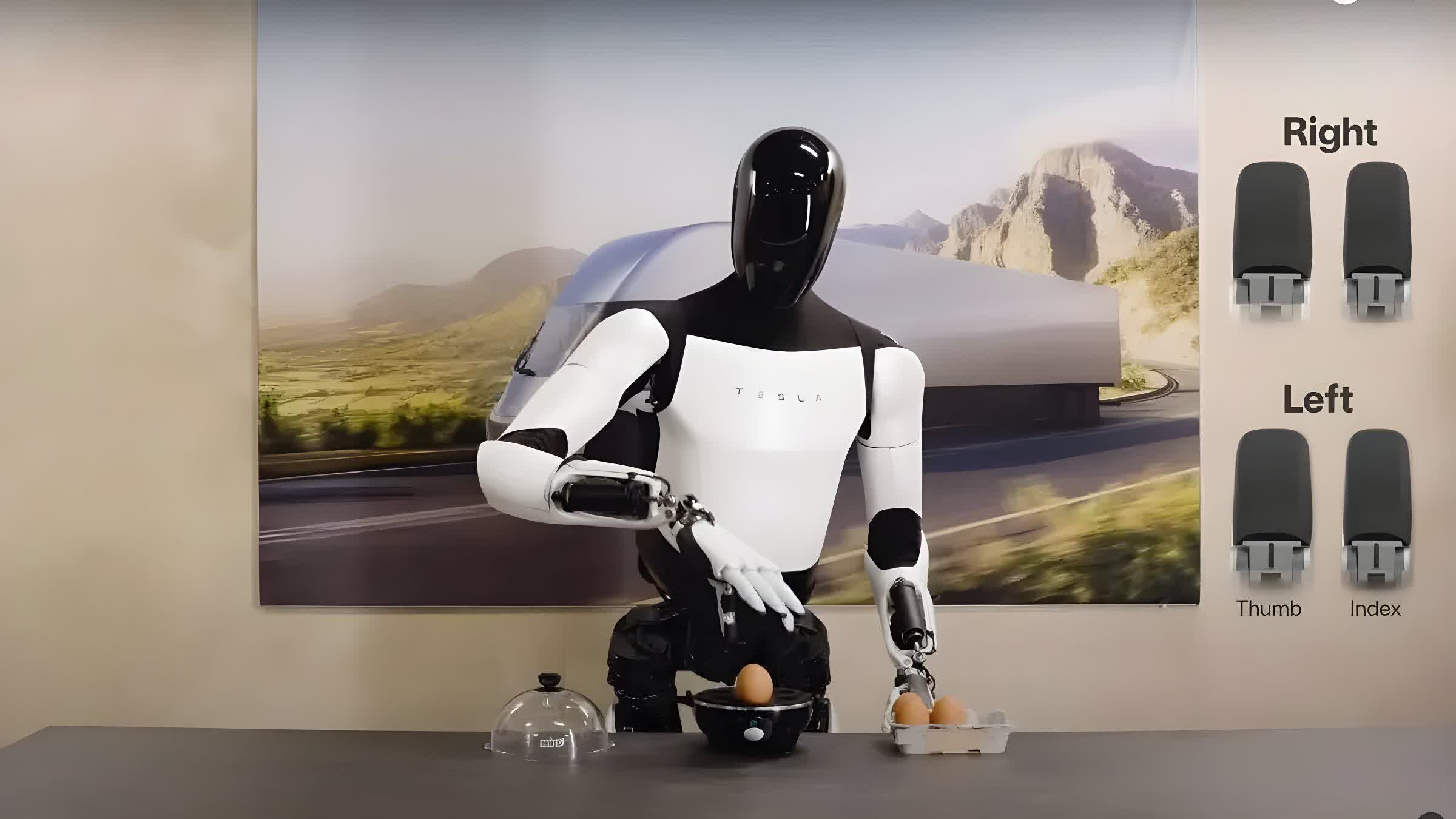Elon Musk, the ever-optimistic CEO of Tesla and SpaceX, has made another bold prediction about the future of his companies. In a recent interview, Musk claimed that Tesla factories could be staffed by "thousands" of humanoid robots as early as next year.
This ambitious statement comes amidst a global conversation about automation and its impact on the workforce. While some experts believe that robots will eventually replace many human jobs, others argue that automation will create new opportunities. Musk appears to be firmly in the latter camp, suggesting that these robots will work alongside humans rather than take their place.
Exactly what tasks these robots will perform remains unclear. Tesla is currently facing labor shortages at its Gigafactories, and it's possible that Musk envisions these robots filling those gaps on the production line. Tesla bots could be programmed for repetitive tasks like welding car parts or assembling battery packs, freeing up human workers for more complex or creative roles.
The development of these humanoid robots has been shrouded in secrecy. Tesla has offered few details about their capabilities or design. However, Musk has previously stated that Tesla AI, the company's artificial intelligence division, is a key part of the project. This suggests that the robots will likely be equipped with advanced AI systems that allow them to learn and adapt to their surroundings.
The idea of humanoid robots working in factories is not entirely new. However, successfully developing such robots presents a significant challenge. Robots currently used in manufacturing are typically designed for very specific tasks and operate in controlled environments. Humanoid robots, on the other hand, would need to be more versatile and adaptable in order to navigate a dynamic factory floor.
Some experts have expressed skepticism about Musk's timeline. Developing and deploying thousands of complex robots in just over a year seems like an unrealistic goal, even for a company like Tesla. However, Musk is known for his ambitious timelines and his ability to push the boundaries of technology. If Tesla is able to achieve this goal, it would represent a major leap forward in the field of robotics and could have a significant impact on the future of manufacturing.
The potential benefits of a robotic workforce are numerous. Robots can work tirelessly for long periods without breaks, and they are not susceptible to fatigue or injury. Additionally, robots can be programmed to perform tasks with a high degree of precision, which could lead to improved product quality.
However, there are also potential drawbacks to consider. The deployment of a large number of robots could lead to job losses in the manufacturing sector. Additionally, there are ethical concerns surrounding the development of artificial intelligence, and some experts worry that advanced robots could eventually pose a threat to humanity.
Only time will tell whether Musk's vision of a robotic workforce at Tesla will become a reality. But one thing is certain:his ambitious plans are sure to keep the conversation about automation and the future of work going.

